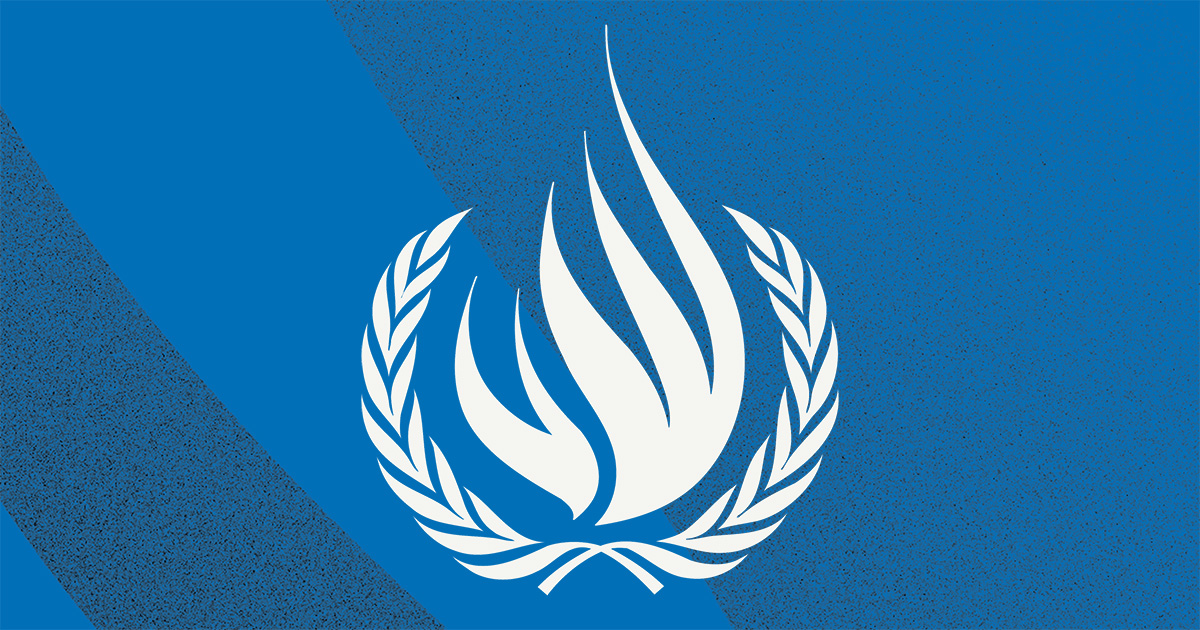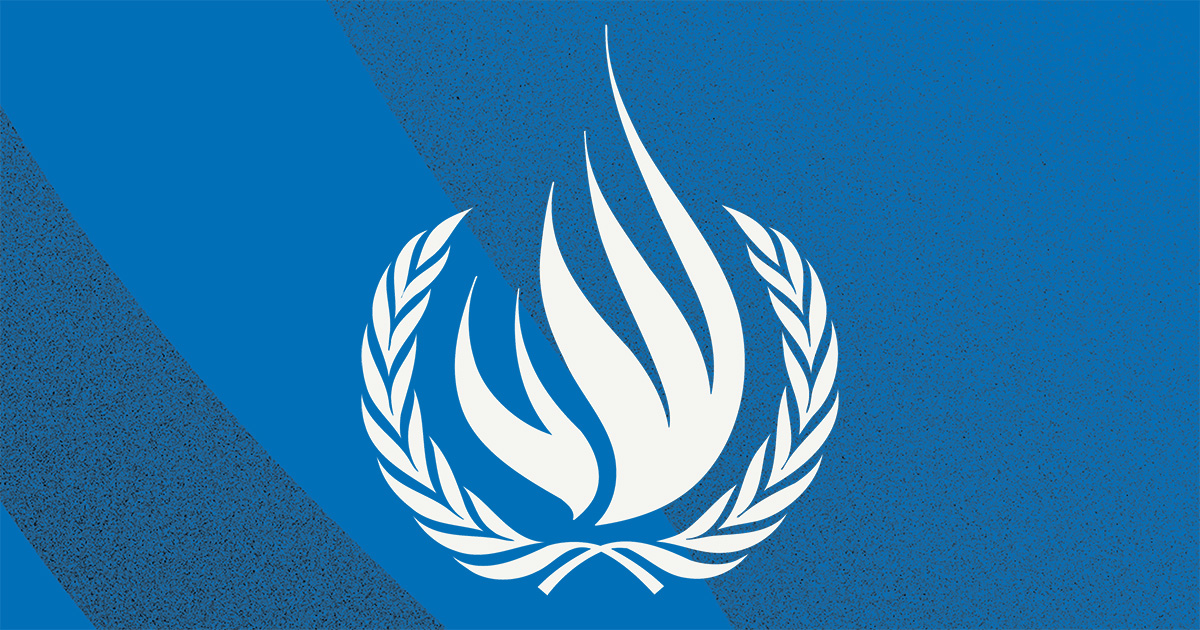
GENEVA (30 September 2022) – Ahead of the International Day of Older Persons on 1 October, Claudia Mahler, Independent Expert on the enjoyment of all human rights by older persons, said States should ensure that older women are counted and visible. She made the following statement:
“The cumulative disadvantages of lower labour force participation, the gender pay gap, interrupted employment patterns due to caregiving, and higher prevalence of part-time and informal work means that older women often receive lower or no pensions. Additionally, many older women are excluded from acquiring, accumulating and controlling assets and property over their life-course, including due to discriminatory inheritance regimes and practices.
Such disadvantages are exacerbated in crises and emergencies as well, both due to climate change, conflict or the Covid 19 pandemic, with the multiple and intersecting forms of discrimination intensified during such situations. In emergencies, older women who might be viewed as a burden, become even more vulnerable to abuse and neglect.
Despite such disadvantages and the heightened risks older women face during emergencies, they often continue to provide intergenerational support and caregiving while also contributing to household income. They also play important roles in peacebuilding and conflict resolution as carriers of pre-conflict narratives and experiences of shared living, countering extremist nationalist tendencies, preventing radicalisation and acting as repositories of knowledge about community dynamics.
The intergenerational role of older women, as well as their extraordinary resilience in supporting and caring for others while dealing with economic adversity, is common but often overlooked. Indigenous older women in particular are recognised for the important role they play as knowledge keepers of the indigenous communities, as well as on natural and environmentally sustainable practices that safeguard ecosystems.
Older women themselves are the best advocates for their own needs, concerns and rights. Making the perspectives of older women visible and recognising their essential contribution to society helps to combat harmful and prejudicial gender stereotyping as required under international human rights law.
I urge States to identify and integrate the specific needs of older women into the planning, response and recovery stages of emergency and humanitarian action as well as in climate change, disaster risk reduction measures and peacebuilding. States should include older women in all relevant policy design, implementation and monitoring and take the necessary steps to ensure older women have access to information on legislation, policies and services that affect their lives in order to be able to make informed decisions and participate meaningfully.”
Her call was endorsed by Ms. Melissa Upreti (Chair), Ms. Dorothy Estrada Tanck (Vice-Chair), Ms. Elizabeth Broderick, Ms. Ivana Radačić, and Ms. Meskerem Geset Techane, Working Group on discrimination against women and girls; Ms.Reem Alsalem, Special Rapporteur on violence against women, its causes and consequences; M. Gerard Quinn, Special Rapporteur on the rights of persons with disabilities; and Francisco Cali Tzay, Special Rapporteur on the rights of indigenous peoples.
Claudia Mahler (Austria) was appointed by the UN Human Rights Council as Independent Expert on the enjoyment of all human rights by older persons in May 2020. She has been working for the German Institute for Human Rights as a senior researcher in the field of economic, social and cultural rights since 2010. She was also a visiting professor at the Alice Salomon Hochschule in 2020-2021. From 2001 to 2009, Ms. Mahler conducted research at the Human Rights Centre of the University of Potsdam where her main fields were in human rights education, minority rights and the law of asylum. In 2000, she received her doctoral degree and was appointed as Vice President of the Human Rights Commission for Tyrol and Vorarlberg
Special Rapporteurs are part of what is known as the Special Procedures of the Human Rights Council. Special Procedures, the largest body of independent experts in the UN Human Rights system, is the general name of the Council’s independent fact-finding and monitoring mechanisms. Special Procedures mandate-holders are independent human rights experts appointed by the Human Rights Council to address either specific country situations or thematic issues in all parts of the world. They are not UN staff and are independent from any government or organization. They serve in their individual capacity and do not receive a salary for their work.
For more information and media requests, please contact: Ms. Hee-Kyong Yoo, (yoo@un.org) or Claire Mathellié (Claire.mathellie@un.org) or write to hrc-ie-olderpersons@un.org
For media inquiries related to other UN independent experts please contact Renato Rosario De Souza (renato.rosariodesouza@un.org) (dharisha.indraguptha@un.org)
Follow news related to the UN’s independent human rights experts on Twitter: @UN_SPExperts.
Concerned about the world we live in?
Then STAND UP for someone’s rights today.
#Standup4humanrights
and visit the web page at http://www.standup4humanrights.org










